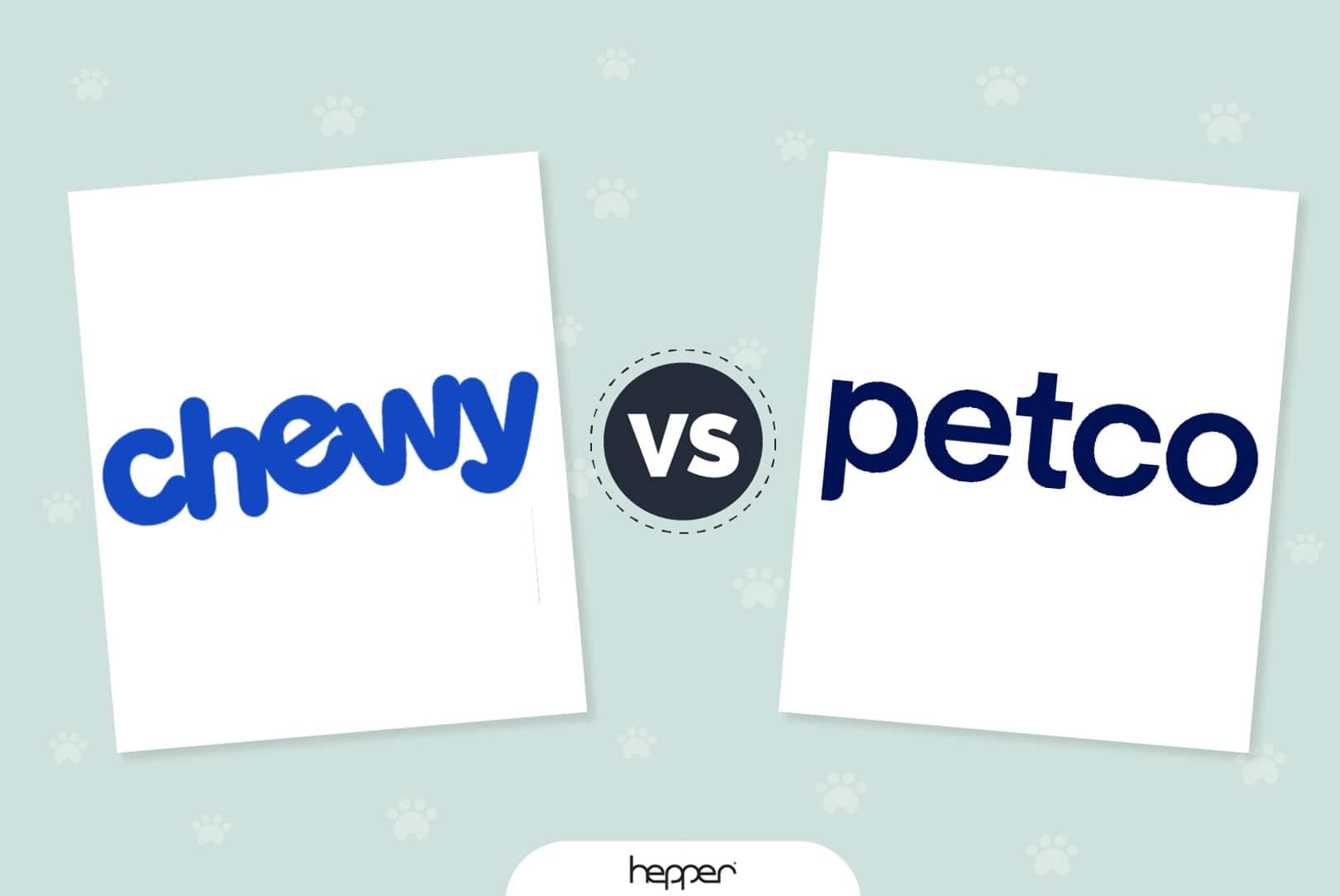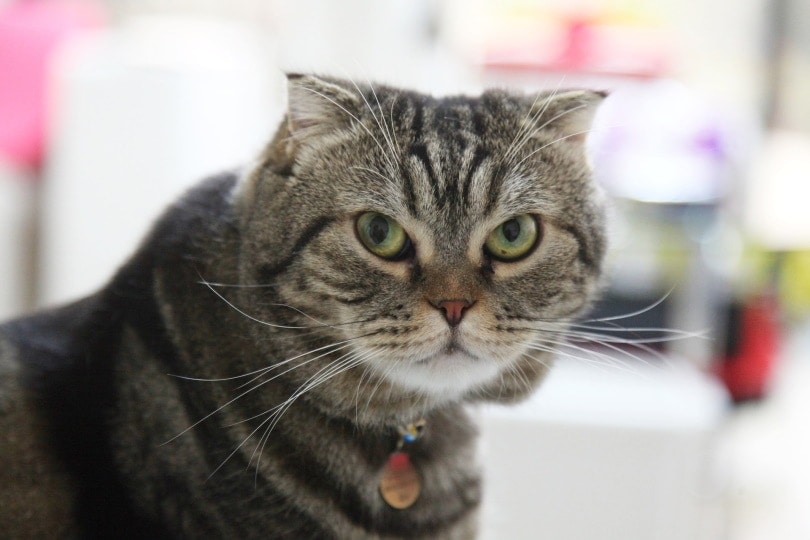Can Cats Eat Raspberries? Nutrition Facts & FAQ

Updated on
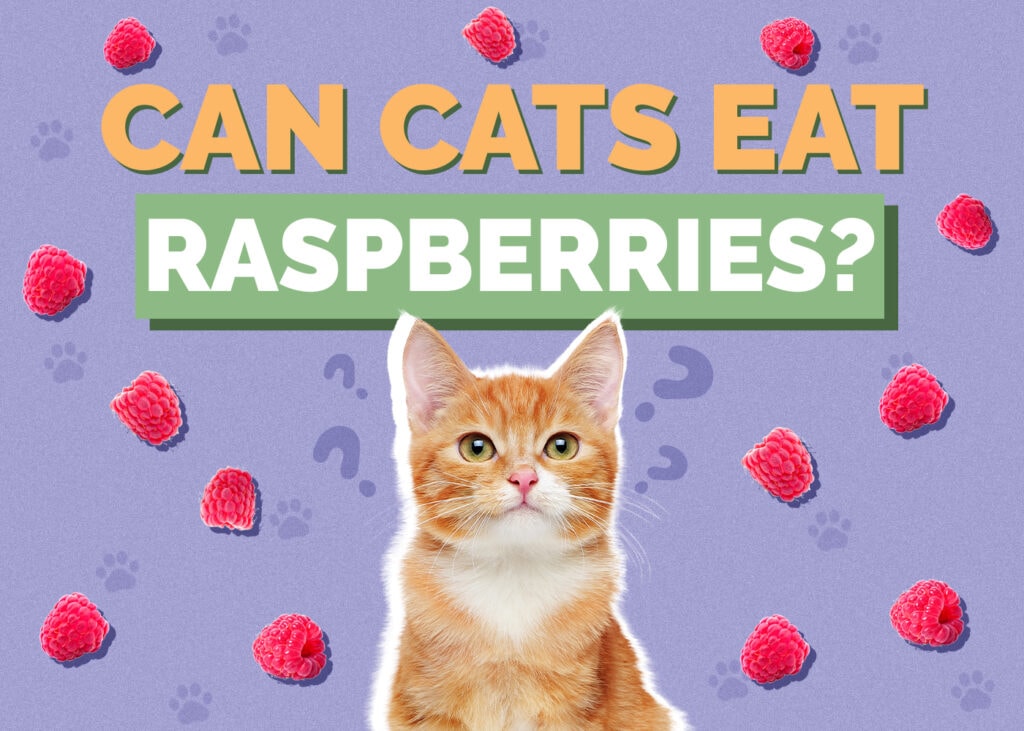
Cats get into all sorts of mischief, especially when you’re not around. They’ll do anything from climb the curtains to sneaking nibbles from the leftover dessert or the plate of fresh raspberries that you forgot to put away. While it can be easy to just shut the door to keep kitty out, if you have an open plan kitchen, it’s harder to convince your cat to stay away.
Finding them chowing down on your plate of fresh raspberries is concerning. We all know that cats are meat-lovers and aren’t made to eat fruits and vegetables like dogs. Luckily for us and your ravenous feline, berries are great treats. Your cat can eat a variety of berries, including raspberries, and benefit from several health boosts in the process.
 What Are the Health Benefits of Raspberries?
What Are the Health Benefits of Raspberries?
Raspberries, along with blueberries, cranberries, and blackberries, all contain a high amount of antioxidants, flavonoids, fiber, and vitamins. We eat them to give our immune systems a boost, improve our heart health, and help fight against obesity, among other things. Our cats may also benefit from some of these effects.
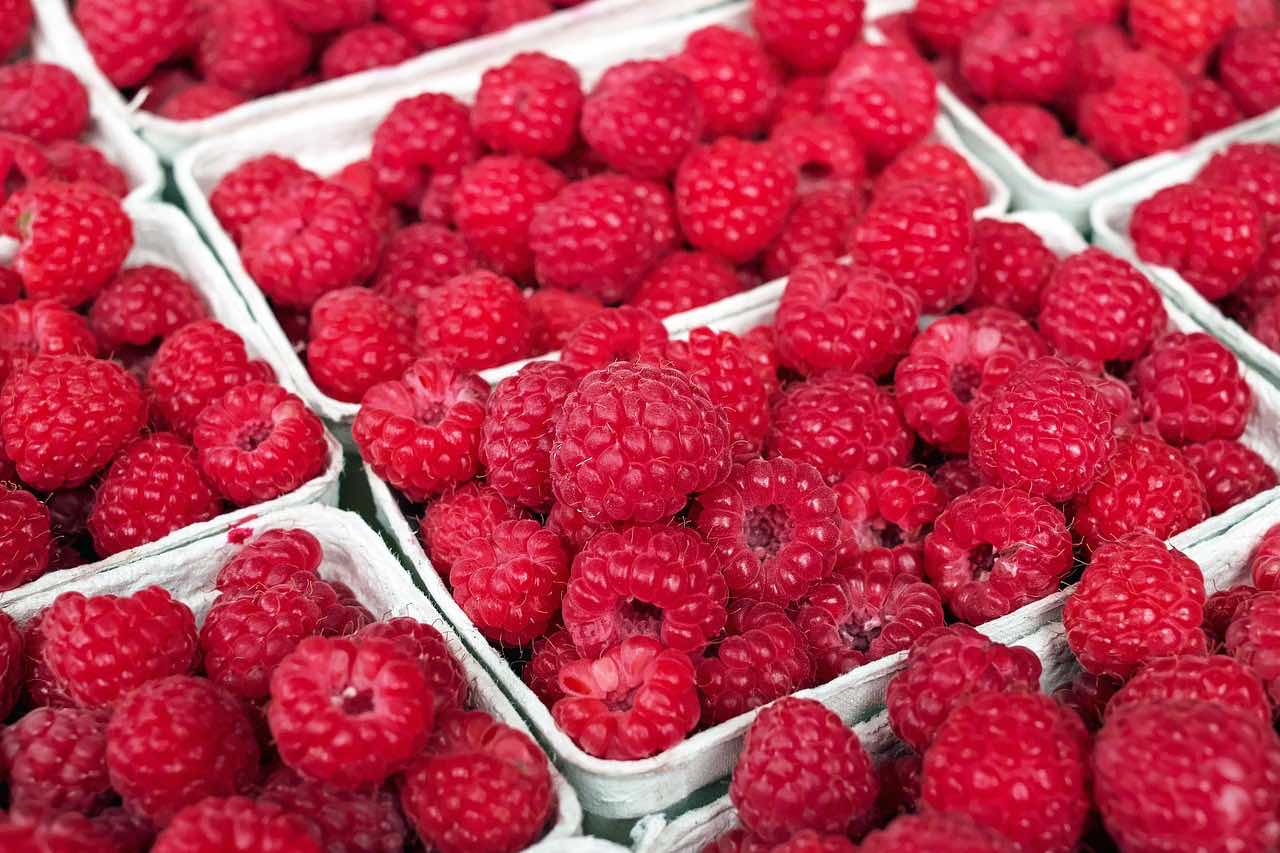
What Are the Health Risks of Raspberries?
When it comes to cats eating raspberries, the most important thing to remember is moderation. First and foremost, it’s important to remember that cats are carnivores. Their diet should mostly consist of protein from animals. Too many berries, fruits, and vegetables in their diet can cause several health issues:
- Abdominal pain
- Dehydration
- Kidney damage or toxicity
- Diarrhea
 How to Serve Raspberries to Your Cat
How to Serve Raspberries to Your Cat
Only feed your cat fresh or frozen raspberries and only ever in moderation. One or two once or twice a week is more than enough to give our favorite felines a health boost. Cut them into small pieces to reduce the risk of choking.
You should take the side of caution here. Less is more when it comes to raspberries and cats. An occasional treat will do more good for your feline than raspberries becoming the main part of their diet.
What Other Fruits, Vegetables, and Berries Can Cats Eat?
Along with raspberries, there are many other things that cats can eat that you might be surprised by. This list isn’t exhaustive, and all these options should only be fed to your feline in carefully controlled, small doses. Overall, plant-based foods should only make up 2% of your cat’s diet.
Apples
Cut into bite-sized pieces, apples make crunchy, nutritious treats for your feline. Avoid the seeds and the stem, and let the high calcium, vitamins, pectin, and phytonutrients help boost your kitty’s immune system.

Cantaloupe
For a good source of vitamins, fiber, antioxidants, and beta carotene, cantaloupe is a great choice and it has a low-calorie count. Avoid the rind and serve in small chunks.
Mango
Provided that you serve them peeled and cut into bite-sized pieces with the seeds removed, small amounts of mangos are safe for your cat. They contain vitamins and plenty of fiber to help both your feline’s immune system and digestion.
Pineapple
Where pineapple is concerned, fresh is always better than the canned variety. Canned fruit is often accompanied by a syrup that’s high in sugar content. Not only is this detrimental to your cat’s health, but it can also contain preservatives.
Remove the thorns, rind, and leaves before serving pineapple in bite-sized chunks. Pineapples are high in fructose, magnesium, potassium, folates, and vitamins.
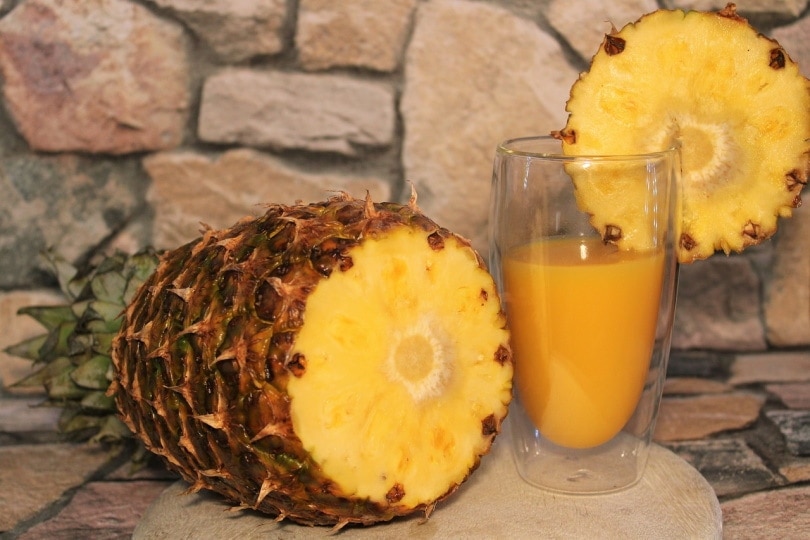
Strawberries
Strawberries can be added to the list of safe berries to feed your cat. You need to carefully monitor your cat’s intake, though. While they also contain antioxidants and fiber, strawberries are less beneficial to your cat because your feline can’t eat enough of them to make much of a difference.
Always remember to remove the leaves and stem when feeding strawberries to your cat, as well as cut them into small, manageable pieces.
What Fruits and Vegetables Are Toxic to Cats?
While there are a few things that your cat can eat that might surprise you, there are just as many foods that they shouldn’t be allowed anywhere near. It can be difficult to ignore their pouty eyes as you enjoy your latest snack, but where your feline friend’s health is concerned, it’s best not to risk them with any of these foods:
- Alcohol
- Bread dough
- Caffeine
- Citrus fruits (lemons, limes, and oranges)
- Chocolate
- Fat trimmings
- Garlic and onions
- Grapes and raisins
- Nuts
- Rhubarb
- Xylitol, which is found in gum and candy
This list doesn’t cover all the foods that are toxic to your cat. If you’re unsure whether your food is safe for your feline, play it safe and stick with commercial cat treats or an active play session. Asking your veterinarian for advice will also help you keep your cat safe from accidental poisoning from foods that they shouldn’t be eating.
 Final Thoughts
Final Thoughts
Considering that cats are carnivores and don’t have many of the enzymes required for digesting plant matter, it can be surprising to find that they can benefit from a few morsels of fruit and vegetables. Raspberries in particular are rich in antioxidants, fiber, flavonoids, and vitamins.
While your cat should only eat one to two raspberries a week to prevent health issues, if they’re fed to your feline in moderation, they can be healthy treats and boost your cat’s immune system. Moderation is key, though — vegetables and fruits, including berries, should never become a major part of your cat’s diet.
- Seen also: Can Cats Eat Guava? Vet-Approved Facts & FAQ
Featured Image Credit: congerdesign, Pixabay
 What Are the Health Benefits of Raspberries?
What Are the Health Benefits of Raspberries? How to Serve Raspberries to Your Cat
How to Serve Raspberries to Your Cat